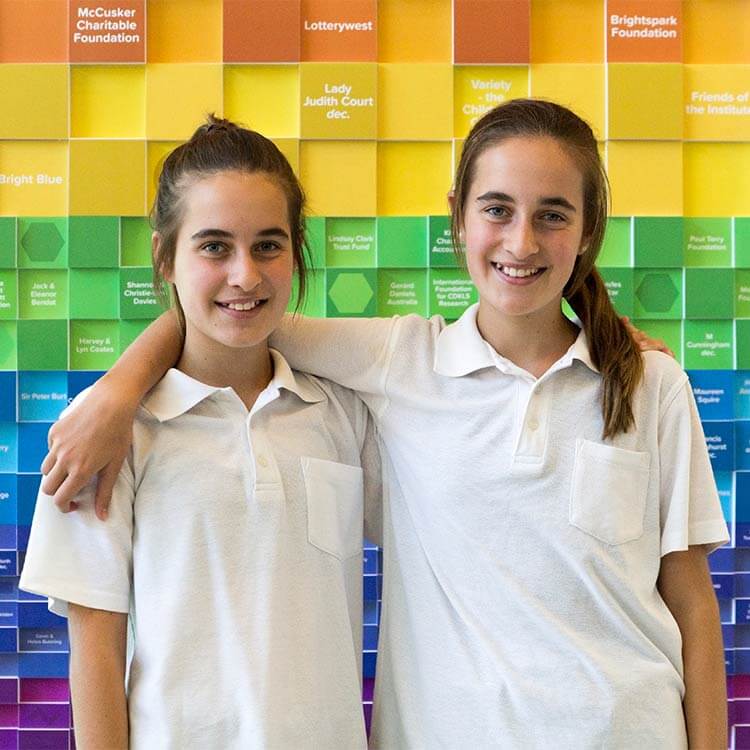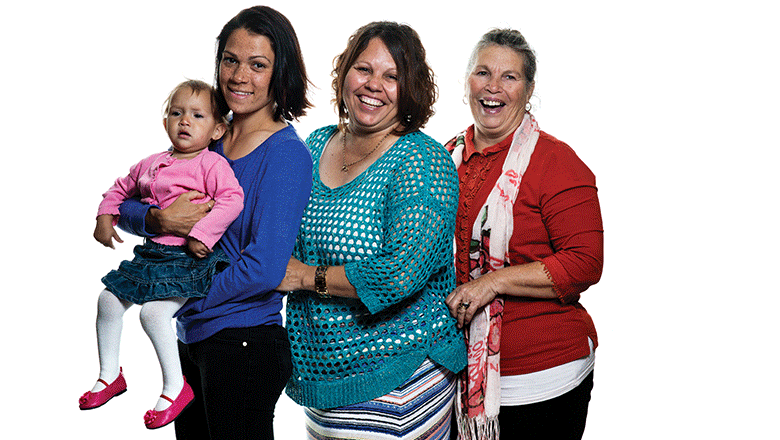Search

News & Events
Vaccination timing essentialWe all know how important it is to vaccinate a child against harmful diseases but vaccinating a child at the right wrong age can cost lives.

News & Events
West Australian Empowering Innovation seriesThe Kids Research Institute Australia is proud to feature our commercial spin-off company, Phylogica, in the West Australian's Empowering Innovation series.
News & Events
The Kids pays tribute to Telethon pioneerThe Board and staff of The Kids Research Institute Australia are mourning the passing of former Institute Board member and supporter Sir James Cruthers.

News & Events
Why you shouldn't let your child cross the road until they're ten years of ageAt what age does your child have the mental capacity to cross the road alone? Our researchers have the answer and it's older than you might think.

News & Events
Overseas trip will help unlock the asthma puzzleOne in ten Australians have asthma and Dr Kimberley Wang from The Kids Research Institute Australia is on a mission to find out what causes it.

News & Events
$11 million funding boost for child health researchThe Kids Research Institute Australia researchers have been awarded more than $11.3 million in funding from the National Health and Medical Research Council (NHMRC).
News & Events
Tackling FASD in youth in detentionResearchers at The Kids for Child Health Research have been awarded more than $1.4M to assess how many juvenile offenders are affected by FASD.
News & Events
New blueprint for child health researchDelivering tangible and measurable improvements to the health and wellbeing of children is at the centre of a bold new blueprint for child health research in WA

News & Events
Twins talk half as much at twoA world first study of language development in toddler twins confirms the widely held belief that twins start to talk later than single-born children.

News & Events
New study to investigate maternity provision for Aboriginal womenA multi-faceted study led by a Murdoch University researcher will influence the way maternity services support Aboriginal women in WA during pregnancy and birth
